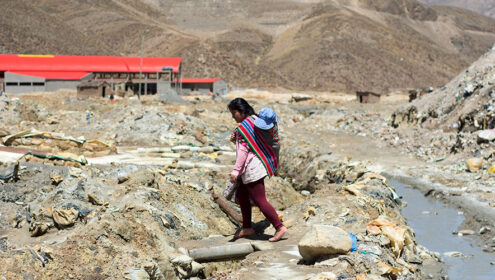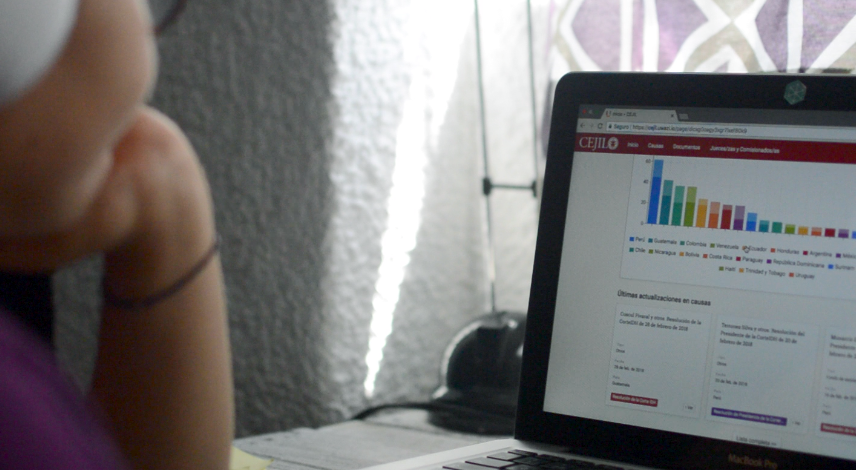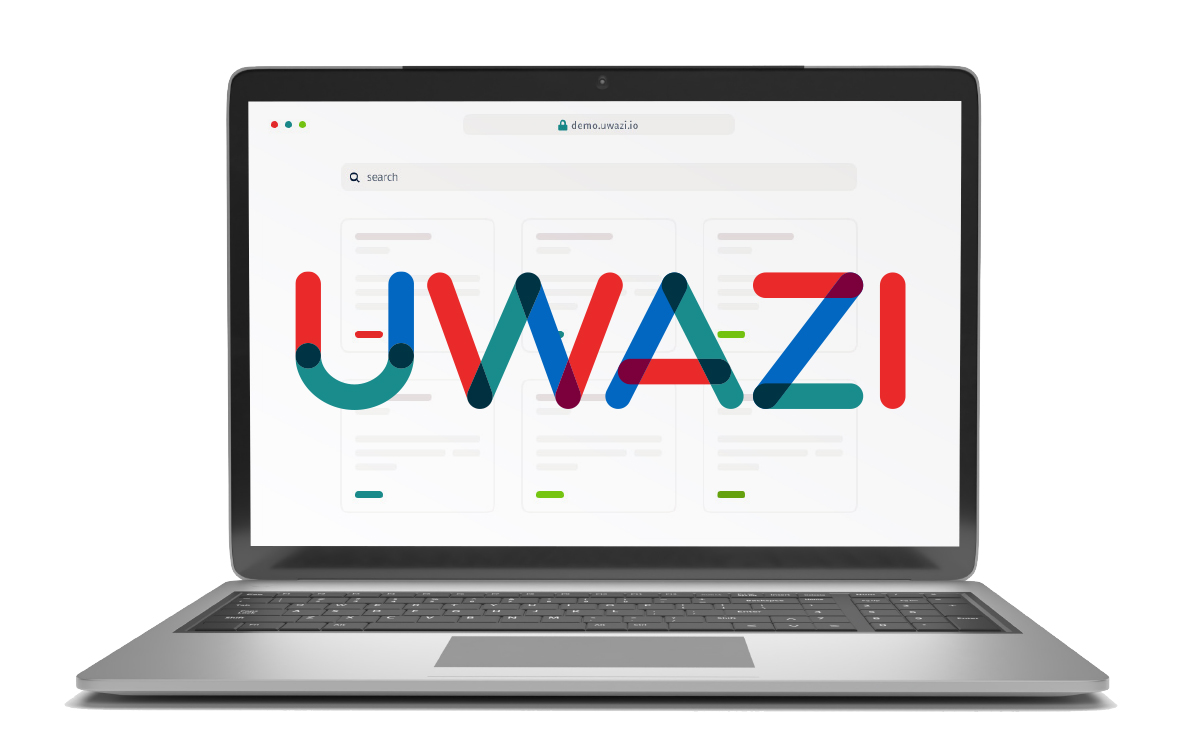Uwazi is a flexible database application designed for human rights defenders to capture and organise collections of information. This web-based platform, developed by HURIDOCS, can be customised for a variety of needs. The code is available on GitHub.
Uwazi
What can you do with Uwazi?
-
Add and edit information easily
Uwazi allows you to upload pieces of information, PDFs, Word documents, photos, videos and more, one at a time or in bulk. Once added to your collection, you can easily change or delete them, or choose to import more.
-
Organise information precisely
You can structure your collection to stay organised and generate reliable conclusions. Categorise information, cross-reference documents and define relationships between records — all in a user-friendly way.
-
Find information quickly
Powerful search features allow you to look for information not only across the entire collection, but also within a specific record. Mix and match different filters to narrow down your results. View records, including documents, without having to download anything.
-
Work across multiple languages
You can translate both the interface of Uwazi itself as well as all of the records within your collection into one or more languages, including right-to-left languages like Arabic. Once translated, it’s simple to switch between your different language collections.
-
Collaborate effectively
Uwazi lets you assign different roles to different team members, as well as gather information from outside your team through submission forms. Set up your collection to be entirely private, open to the public, or configured somewhere in between.
-
Keep information safe
Uwazi is open source, and we regularly audit the code for vulnerabilities. You can protect your collection with two-factor authentication and monitor any changes made through an activity log. You are free to host your collection on your own server, or you can choose a secure hosting plan with HURIDOCS.
How have human rights organisations used Uwazi?
HURIDOCS has helped dozens of organisations around the world make the most of Uwazi in their human rights work. Read about some of these projects below:

Afghanistan Memory Home museum: Documenting and honouring the human cost of war

New database reveals the struggle for human rights and environmental justice in Bolivia

New database offers a view into harsh conditions in North Korean prisons

From pain to purpose: Families’ journey to find disappeared loved ones
How much does Uwazi cost?
Uwazi is an open-source tool, and it is free for anyone to install on their own server. Check out the Uwazi guide to learn how to set it up. If you find Uwazi to be beneficial to your work, please consider a donation to HURIDOCS to support development.
If you require more assistance to set up or host Uwazi, or you are interested in a longer-term collaboration, HURIDOCS offers customised support to human rights groups:
Partner with HURIDOCS
Frequently asked questions
-
Can I try a demo of Uwazi?
Yes! You can find instructions on how to access the demo here.
-
Where can I find instructions on how to set up and use Uwazi?
You can find information on how to set up and use Uwazi in the tool’s documentation.
-
Where can I see Uwazi's source code?
You can see Uwazi’s source code on GitHub, as well as follow all of the issues currently being worked on.
-
Does Uwazi support my language?
Uwazi can be localised into more than 180 different languages. This ranges from the world’s most commonly spoken languages such as Chinese, French, Hindi and Spanish, to less widespread but no less important languages such as Burmese, Kurdish, Quechua and Yoruba.
For a full list, you can log into the Uwazi demo, navigate to “Account Settings” and in the left-hand navigation panel click “Languages”.
-
How can I stay up to date on Uwazi developments?
Sign up for the Uwazi newsletter! You can also check out the latest updates about Uwazi on our blog as well as follow HURIDOCS on social media: Facebook, Twitter and LinkedIn.
-
I've noticed a bug while using Uwazi. How can I report it?
Create a new issue on our GitHub repository, and a member of our development team will respond to it.
If your instance is private or contains sensitive information, please email your programme officer or support@uwazi.io with a description of the issue, what you were doing at the time that it occurred, and if possible a screenshot or screen recording of what you’re seeing.
-
How is Uwazi funded?
Uwazi is a tool developed by HURIDOCS. It received significant support from the MacArthur Foundation from 2015 to 2018. Many of our partner organisations who currently use Uwazi have also financially supported its development. You can learn more about the sorts of partner organisations we work with here and about HURIDOCS funding here.
-
We're not a human rights organisation. Can we still use Uwazi?
Uwazi is an open-source tool, and it is free for anyone to install and use however they want. As part of our mission, however, we at HURIDOCS can only offer personalised support to those with a focus on human rights. If you don’t work in human rights but benefit from using Uwazi, please consider donating to HURIDOCS so we can continue its development and maintenance.
